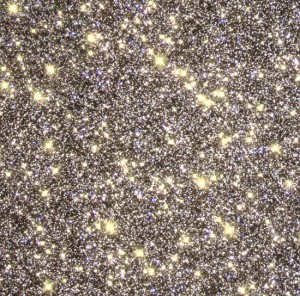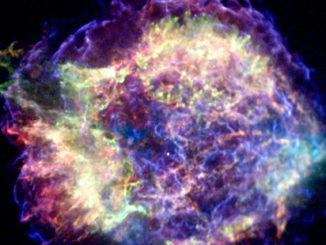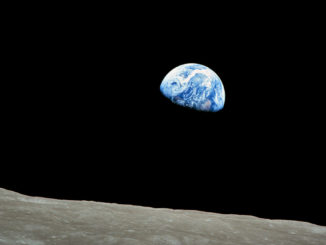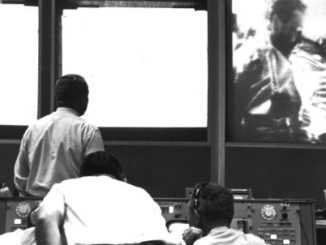If you thought seeing the forest for the trees was a problem…
…imagine sitting in a forest of stars. With these brilliant gaseous orbs filling the sky as far as the eye can see, wouldn’t their infinite illumination create a perpetual daylight?
But wait! That’s exactly the predicament in which we find ourselves! Or so thought Heinrich Wilhelm Matthäus Olbers (1758 – 1840) in 1826. Actually, he probably thought of this before then and likely until he died, but suffice it to say, it was in the year 1826 that Olbers is on the record for postulating that, whatever direction you look in, there’s bound to be a star, no matter how far away it might be. And if there’s a star there, then there’s starlight there, too. And if every point in the heavens contains a star, we must see such radiance where ever and when ever we look. Ergo, darkness cannot exist.
But we do have darkness! What gives? Now, old Olbers was certainly not some sort of nineteenth century nut case. In fact, many see him as an accomplished astronomer, having discovered two asteroids and five comets. He also carries among his credits the invention of Olbers’ Method, where he introduced a much easier way to calculate the orbits of comets. So, how did Olbers explain his Paradox? He hypothesized the sky appeared dark due to the existence of interstellar clouds of dust that shielded our fragile Earth from the constant bombardment of the bright lumens.
Today we have a much better explanation. It turns out the German scientist did not know the universe is expanding. (He wasn’t alone. The rest of mankind did not become aware of this until a century later when Edwin Hubble correctly interpreted his visual observations – and came up with Hubble’s Law as a result – as evidence the universe is slowly exploding.) Well, once you take expansion into effect, it’s only a hop, skip and a jump to conclude not only is far away starlight dimming, but it’s also shifting towards the red end of the spectrum (and, eventually, off the visible chart all together).
What holds in a nonexpanding universe falls asunder in an expansionary universe. It’s all Einstein’s fault. But, more on that later…





Be the first to comment